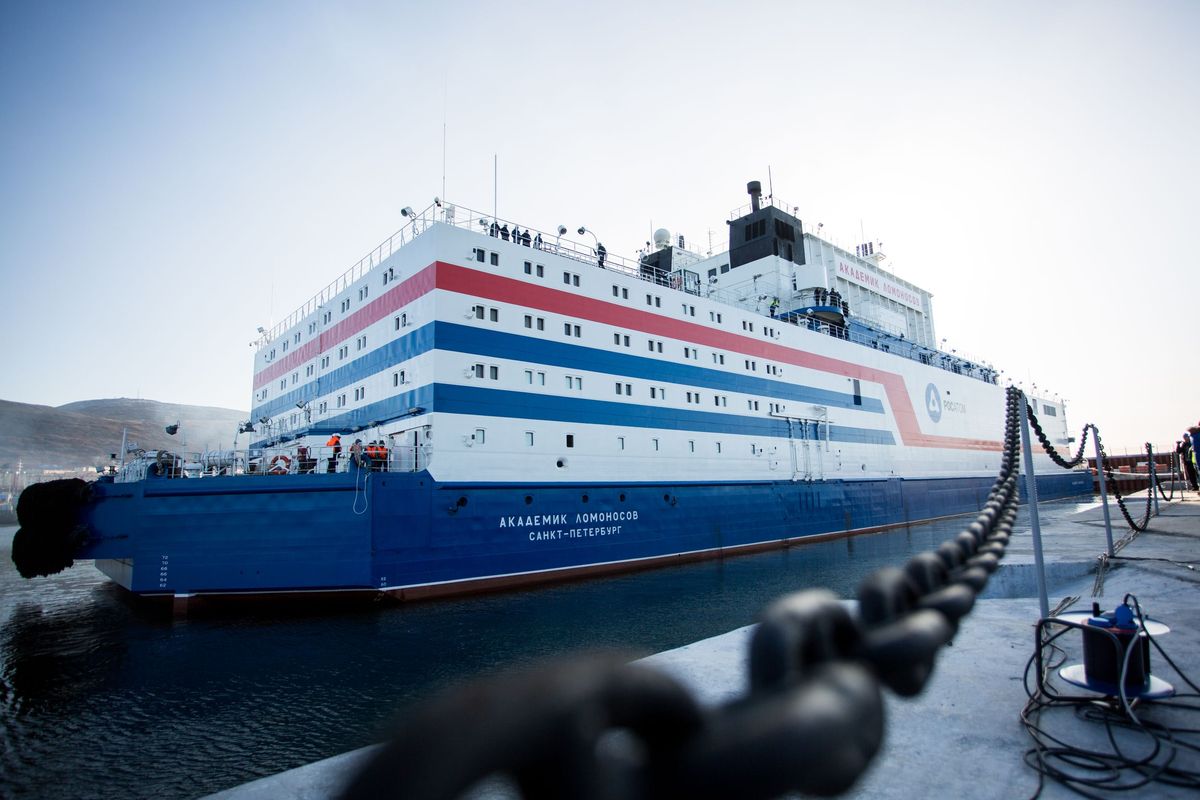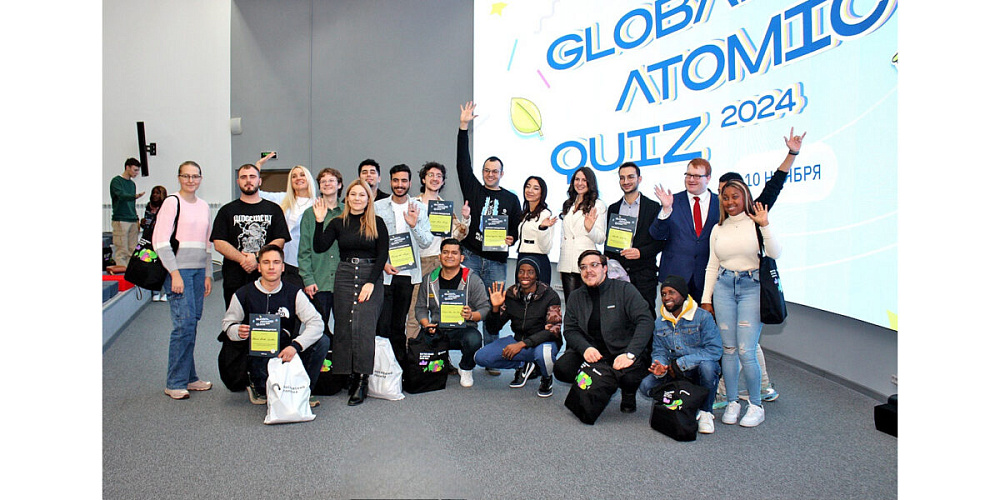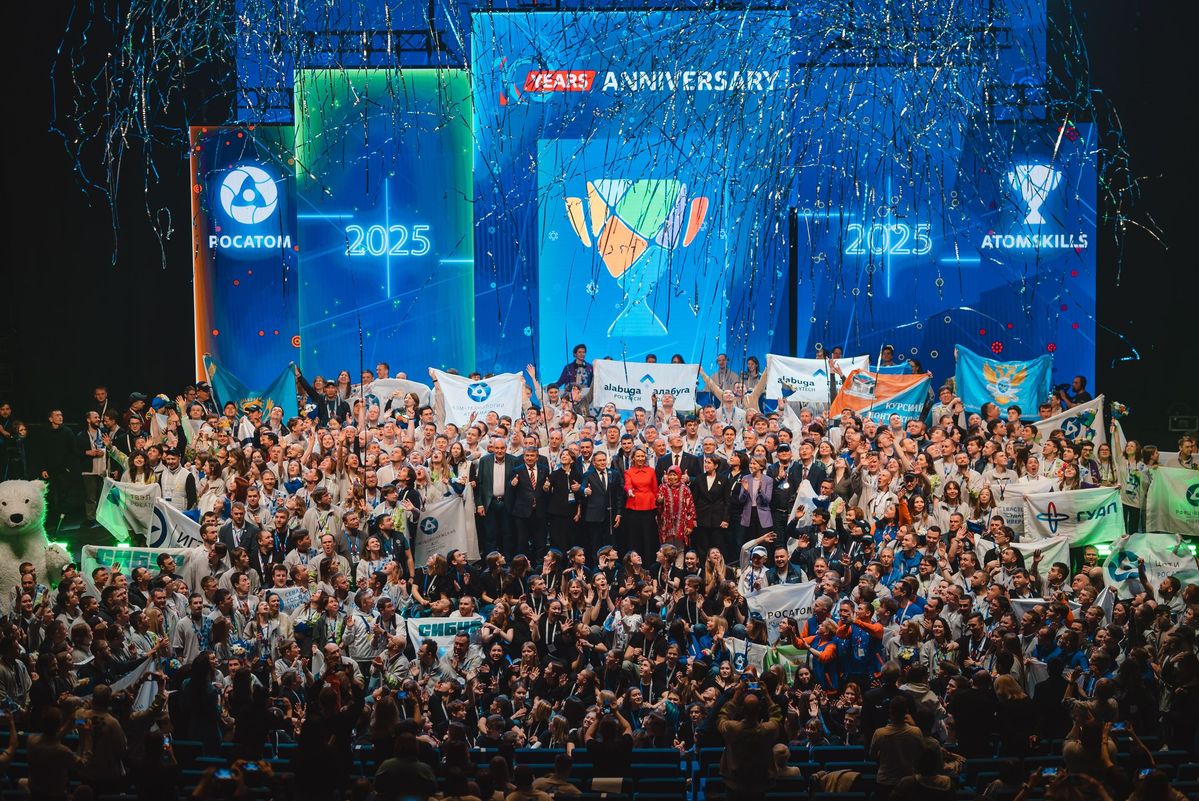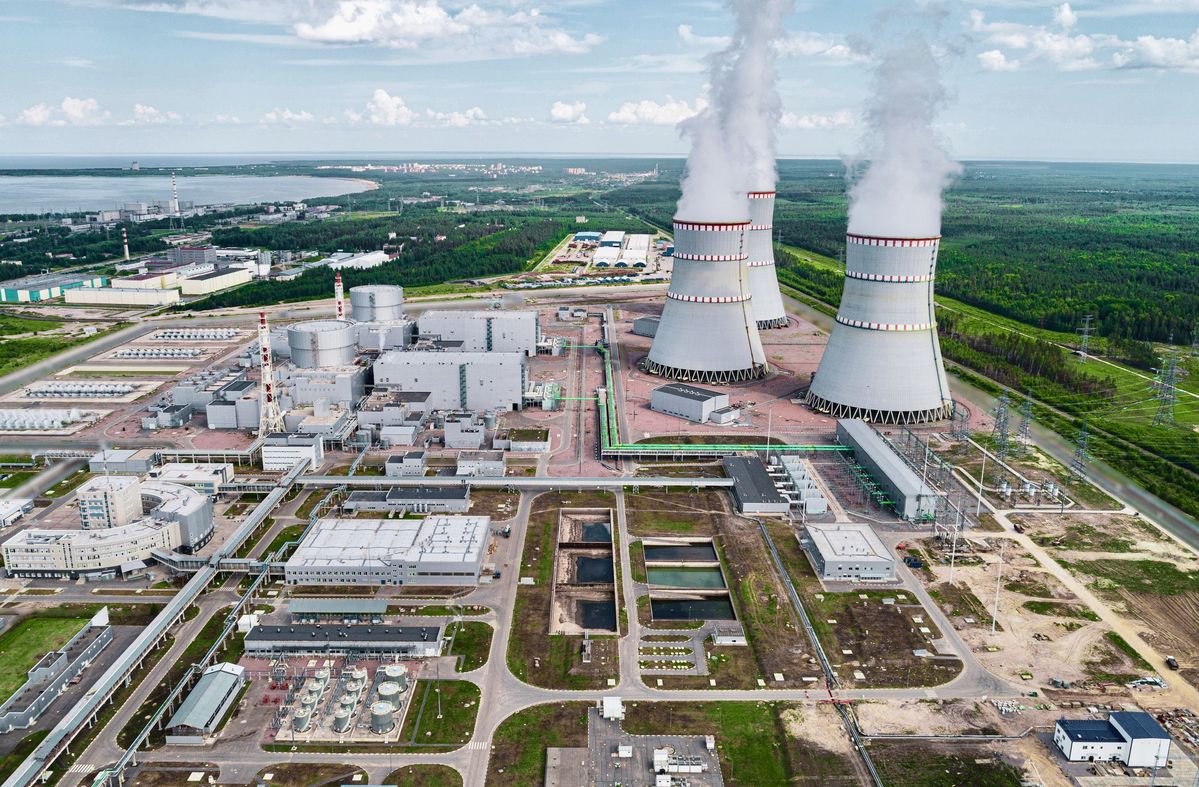The potential of
nuclear floating power plants and the challenges of scaling them up for the
global market were discussed at the World Atomic Week, held to mark the 80th
anniversary of the Russian nuclear industry. The topic was addressed at two
international roundtables: “Floating Atom – Energy for New Horizons” and
“Nuclear Energy Solutions for ASEAN Countries.”
The two events brought together government officials and business leaders from key countries in the Asia-Pacific region (Thailand, Indonesia, Myanmar and the Philippines) and Africa (Ghana and South Africa).
Speaking at the roundtable “Floating Atom – Energy for New Horizons”, Anton Yaremchuk, Deputy Governor of the Chukotka Autonomous Okrug, outlined the economic impact of the Akademik Lomonosov floating nuclear power plant in his region. He said electricity from the power plant had improved the quality of life for people in Pevek by making the power supply more reliable and helping revamp the city’s infrastructure. He also observed that such a unique facility as the world’s first nuclear power unit attracted a stream of foreign visitors to the region, which could potentially also serve as a boost for tourism.
The speech by the representative of the Chukotka Autonomous Okrug was met with particular interest by foreign participants in the discussion. In their remarks, they emphasized that nuclear energy is not only a way to solve current problems – ensuring the reliable supply of the necessary amounts of power – but also a “solution for growth” for growing economies.
Pornperm Thongsri, Chairman of the Thai Senate’s Energy Committee and a participant in both roundtables, stressed that while current capacity may cover today’s industrial needs, the demands of tomorrow – powering data centers and artificial intelligence – will require far more energy. Small modular reactors, he said, could be the answer.
Andrey Nikipelov, Rosatom’s Deputy Director General for Mechanical Engineering and Industrial Solutions, spoke at both sessions. He said Rosatom is ready to support partners with any type of nuclear project, possessing all the necessary technology and serial production capabilities. While a few years ago Rosatom had to explain the concept of floating power units, today their potential is widely recognized among countries. “Floating power units are very convenient. They are scalable, so you get exactly the amount of energy you need. They are mobile, so they can be moved to wherever the customer needs them. We deliver ready-to-use energy and handle all the complexities ourselves. What you get is an energy product that is simple, efficient and safe.”
The licensing of
floating NPPs and the potential harmonization of standards for international
projects were also discussed. Alexey Ferapontov, Deputy Head of Russia's
Federal Service for Environmental, Technological and Nuclear Supervision
(Rostekhnadzor), noted that Russia has already developed all the necessary
regulatory frameworks and has operational experience with nuclear-powered
vessels and floating nuclear power units, which the Russian regulators are
ready to share.
IAEA Deputy Director General Mikhail Chudakov added that his organization is working with the International Maritime Organization (IMO) to adapt standards for the large-scale deployment of floating NPPs, as the agency foresees their potential and predicts high demand in the medium term.
The World Atomic
Week International Forum, dedicated to the 80th anniversary of the Russian
nuclear industry, is being held at Moscow VDNKh from 25 to 28 September 2025. The Forum organized by Rosatom, includes the
exhibition of the achievements of the Russian nuclear industry and its
partners. The business program features thematic tracks such as:
"Affordable Clean Energy", "Industrial Innovations: Improving
Production", "Ecology: Making the Planet Cleaner",
"Advanced Medicine: Protecting Human Health", "Digital
Breakthrough", "Mobility: Logistics Without Borders",
"Comfortable Environment", and "Science and Education: Driver of
Progress". The youth program (from 27 to 28 September) includes the
scientific and educational marathon "Knowledge. Pioneers” organized by the
Russian society Znaniye within the framework of the national project
"Youth and Children". The Forum also includes the II Youth Festival "Composites
Without Borders". www.worldatomicweek.com
In 2025, the Russian nuclear industry celebrates its 80th anniversary. On 20 August 1945, Russia established a special nuclear energy committee. In response to the threat posed by the United States, the country created nuclear weapons within four years (RDS-1 bomb successfully tested in 1949). This saw the USSR becoming a pioneer and leader in the peaceful use of nuclear energy. Domestic atomists built the first nuclear power plant in Obninsk in 1954 and the first nuclear icebreaker Lenin in 1959 to help explore the Arctic. The main theme of the anniversary year can be expressed in three words: pride, inspiration, and dream. The industry founders’ feats have been a source of pride for nuclear scientists, who are inspired by the achievements of previous generations. They are also intended to push forward and expand the possibilities. The celebration of the 80th anniversary of the nuclear industry is suggested to include a number of events, with the main ones being the performance in Nizhny Novgorod on 20 August and the World Atomic Week international forum that is being held in Moscow from 25 to 28 September.





